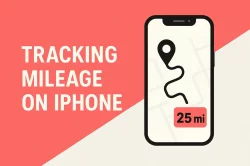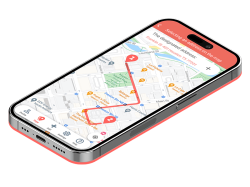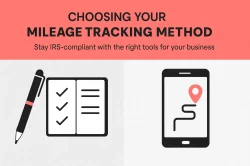Table of Contents
Tracking miles is a must for your taxes or getting paid back. Finding the best mileage tracker can save you time, money, and headaches. Let’s look at the top tools and how they help you log miles easily.
Which Mileage Tracker is Best for You?
Choosing the right mileage tracker depends on what you need. Are you a freelancer? Do you manage a team? Do you just need help with tax deductions? We’ll cover the best options for different needs.
Lots of people, like self-employed folks, delivery drivers, and anyone who drives for work, use a mileage tracker for taxes. They help you get tax deductions or money back from your job. The IRS lets you subtract a certain amount for every mile you drive for business. Keeping good records means more money back for you.
Top Features to Look for in a Mileage Tracker
When you search for a good mileage tracker, you’ll see lots of choices. Here are features that the best ones offer:
- Automatic tracking: The app starts recording when you begin driving. You don’t have to remember to start it.
- IRS-compliant reports: This is super important for taxes. The reports show everything the IRS needs: date, miles, where you went, and why. Check out what the IRS says about the business use of the car.
- Easy trip sorting: You can quickly mark trips as business or personal. This keeps your tax records straight.
- Works offline: Some apps can track miles even when your phone doesn’t have service. They save the data and upload it later.
- Cloud backup: Your IRS-compliant mileage log is are stored online. You won’t lose them if something happens to your phone.
- Battery and data friendly: Good apps don’t drain your phone’s battery or use up all your data.
- Integration with tax software: Some apps link directly to tax programs like QuickBooks. This makes filing taxes easier.
FAQ
What is a mileage tracker?
A mileage tracker is a tool or app (e.g., MileIQ, Everlance, or Driversnote) that automatically records the distance you drive—capturing trip start and end points, dates, purposes, and miles—to simplify record-keeping for business or tax purposes.
Why should I use a mileage tracker?
Compared to mileage log templates and spreadsheets, using a mileage tracker ensures accurate, audit-ready electronic mileage logs, saves time compared to manual entry, and helps you maximize deductions or reimbursements by capturing every eligible trip.
How does MileageWise’s mileage tracker work?
MileageWise uses your smartphone’s GPS (or integrates with Google Maps Timeline) to detect and log trips automatically, lets you categorize each journey, and generates IRS-compliant, simple mileage logs.
Are mileage trackers free?
Yes, many mileage trackers have free versions. However, they often come with limits on trip tracking, features, or reporting. Premium plans unlock full functionality.
Try MileageWise for free for 14 days. No credit card required!
Related Terms
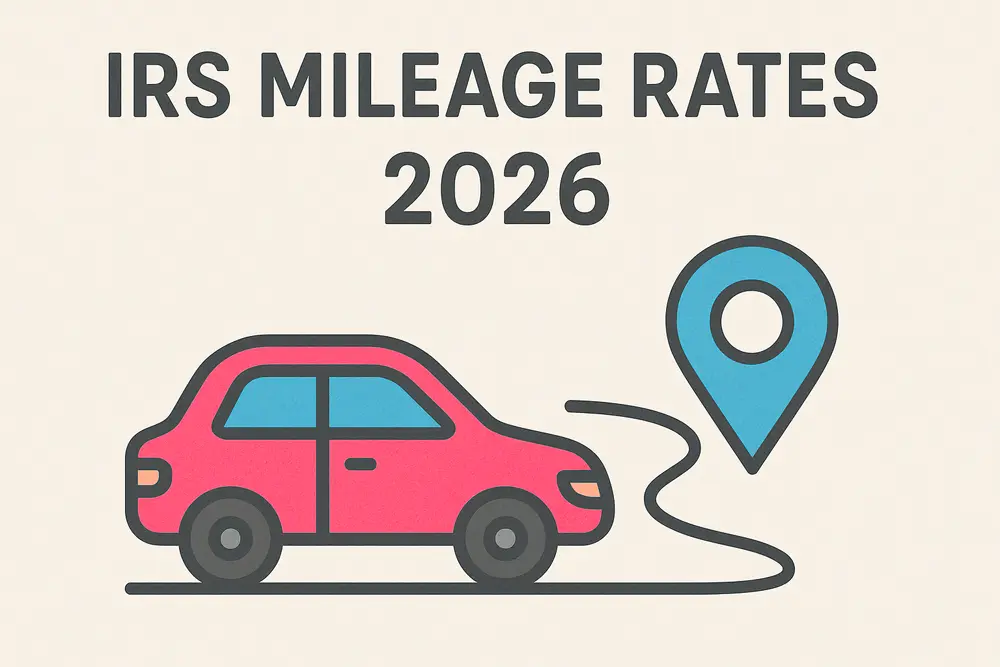
Freshly Announced: See The IRS Mileage Rates for 2026
January 2, 2025 The IRS has officially announced the IRS mileage rates for 2026, and they bring important updates for self-employed individuals, gig workers, small
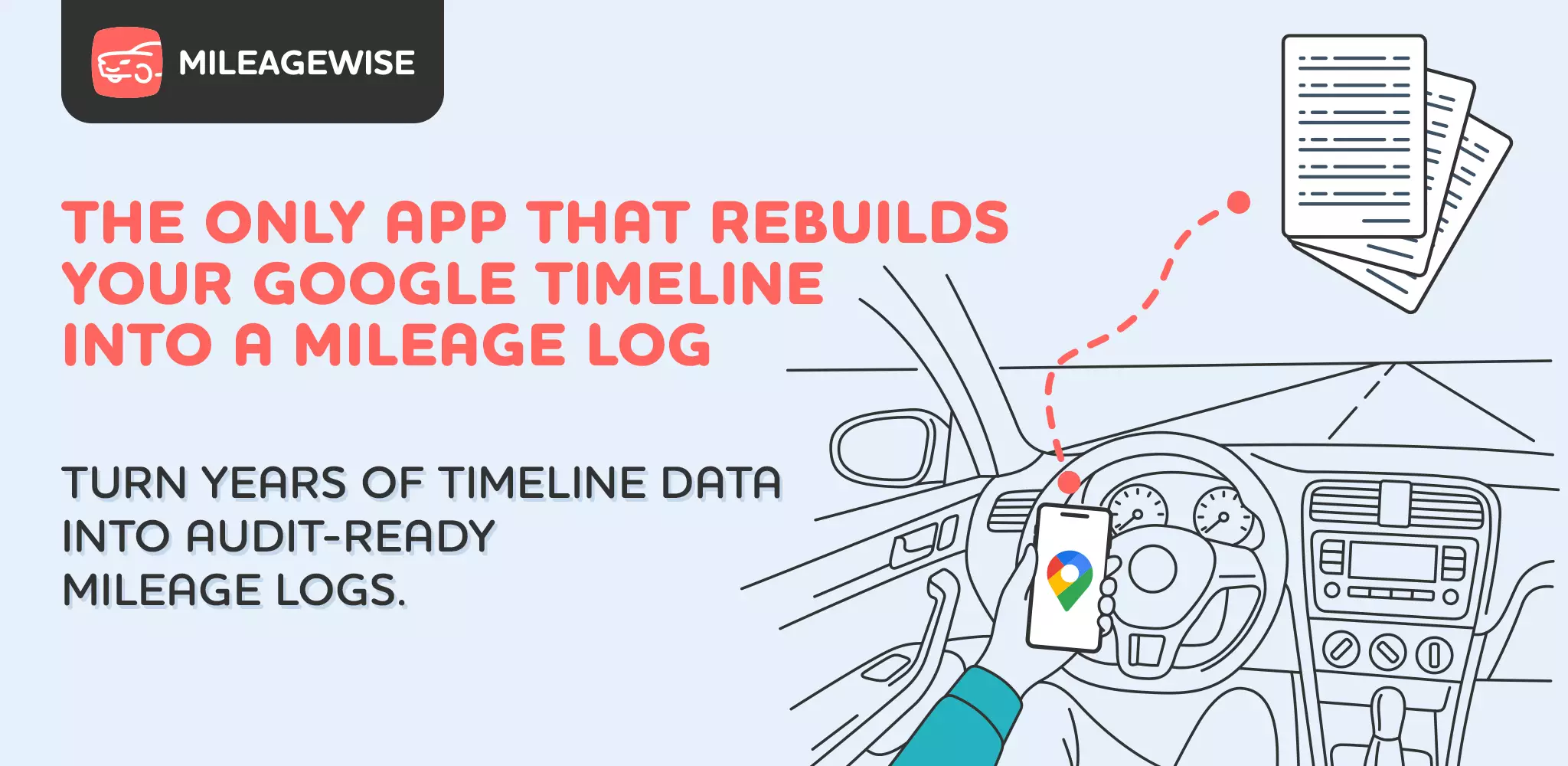
Introducing the Google Timeline to Mileage Log Mobile App
We’re excited to share our latest development! You can now convert your Google Maps Timeline drives directly into an IRS-compliant mileage log right on your

DoorDash Tips and Tricks: Your Edge Over Competition
Last Updated: November 17, 2025 I’m excited to share the top DoorDash tips and tricks shared by YouTuber Pedro “Mr.BetonYou” Santiago. He collected and vetted the

8 Uber and Lyft Scams Every Driver Should Know
Last Updated: November 9, 2025 Driving for Uber or Lyft can be a rewarding gig, offering flexibility and the chance to meet new people. However,
SherpaShare Shutdown – What To Do Now?
Last Updated: January 5, 2026 SherpaShare was a service designed primarily for people who work as independent contractors, particularly those in the ride-sharing and delivery
Gas Mileage Tracker: Your Key to Savings
Last Updated: August 8, 2025 A gas mileage tracker helps drivers watch their vehicle’s fuel use, mileage, and related costs. You might want one to
Related Blogposts
Related Guides


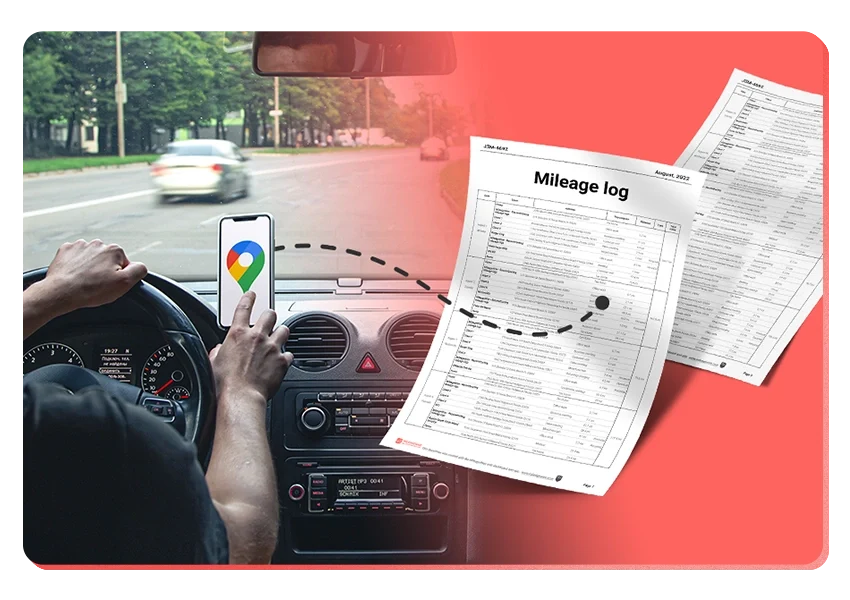
It’s Finally Here! Google Maps Timeline Import from Mobiles
Transform your Trip Lists into Mileage Logs with MileageWise

Freshly Announced: See The IRS Mileage Rates for 2026
January 2, 2025 The IRS has officially announced the IRS mileage rates for 2026, and they bring important updates for self-employed individuals, gig workers, small

Introducing the Google Timeline to Mileage Log Mobile App
We’re excited to share our latest development! You can now convert your Google Maps Timeline drives directly into an IRS-compliant mileage log right on your

DoorDash Tips and Tricks: Your Edge Over Competition
Last Updated: November 17, 2025 I’m excited to share the top DoorDash tips and tricks shared by YouTuber Pedro “Mr.BetonYou” Santiago. He collected and vetted the

8 Uber and Lyft Scams Every Driver Should Know
Last Updated: November 9, 2025 Driving for Uber or Lyft can be a rewarding gig, offering flexibility and the chance to meet new people. However,
SherpaShare Shutdown – What To Do Now?
Last Updated: January 5, 2026 SherpaShare was a service designed primarily for people who work as independent contractors, particularly those in the ride-sharing and delivery
Gas Mileage Tracker: Your Key to Savings
Last Updated: August 8, 2025 A gas mileage tracker helps drivers watch their vehicle’s fuel use, mileage, and related costs. You might want one to

Introducing the Google Timeline to Mileage Log Mobile App
We’re excited to share our latest development! You can now convert your Google Maps Timeline drives directly into an IRS-compliant mileage log right on your

Was Your Google Timeline Deleted? Here’s What Happened:
Last updated: November 20, 2025 If you recently opened Google Maps and noticed your Timeline was deleted or partially missing, you’re not alone. In this

It’s Finally Here! Google Maps Timeline Import from Mobiles
Struggling to Manage Your Trips After Google’s Timeline Update? If you’re reading this, you’ve likely encountered the recent update affecting Google Maps Timeline. With Timeline
Transform your Trip Lists into Mileage Logs with MileageWise
Last Updated: October 1, 2025 Do you have a list of monthly trips from a data source like Excel or Google Timeline, but need to
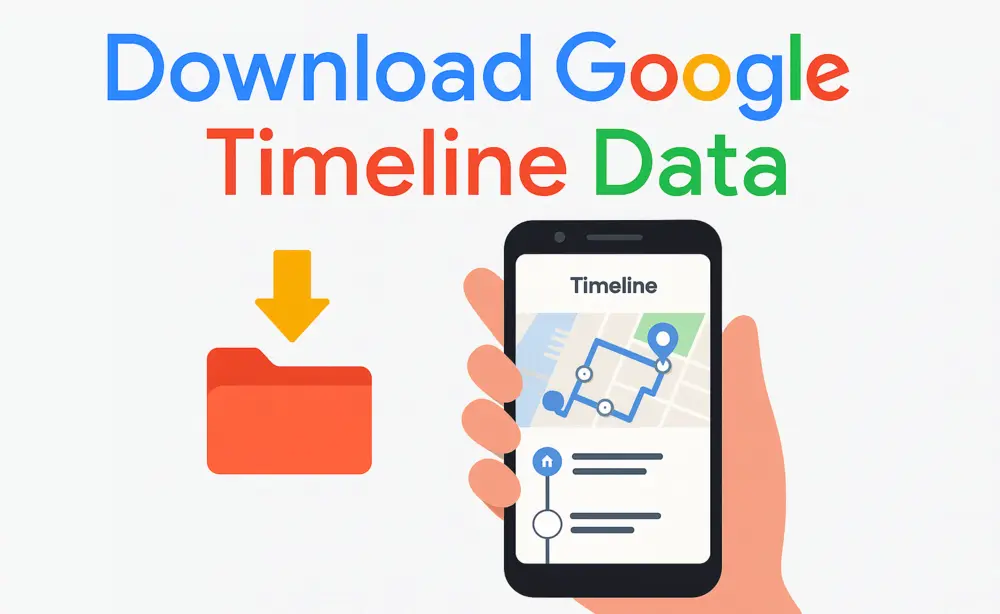
How to Download Google Timeline Data: A Guide
Google Timeline Import Hub Last Updated: October 30, 2025 Want to download Google Timeline data? This guide shows you how to extract your location history
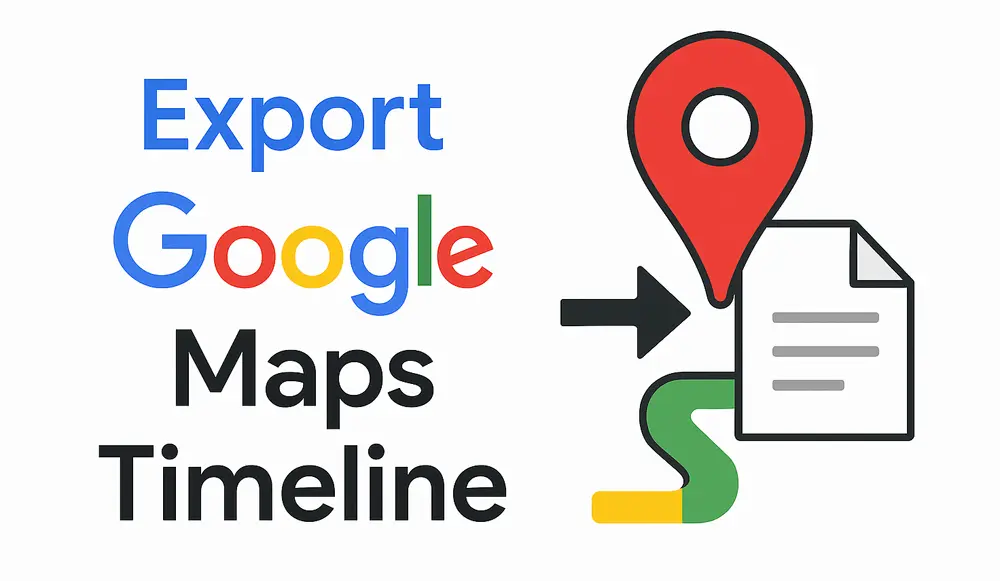
How to Export Google Maps Timeline: Get Your Data
Google Timeline Import Hub Last Updated: October 29, 2025 It can be tricky to export Google Maps Timeline data after Google’s recent updates. Many users
Google Maps Mileage Tracker: From Timeline to Mileage Log
Google Timeline Import Hub Last Updated: October 29, 2025 If you’re an active user of Google Maps Timeline you likely already know how convenient it
Timeero
Table of Contents Timeero Timeero is a time, location, and mileage tracking app designed for businesses and teams in the United States. It helps employers
Milewise by Allstate
Table of Contents Milewise by Allstate Milewise by Allstate is a pay-per-mile car insurance program offered by Allstate Insurance in the United States. It’s designed
Hurldr
Table of Contents Hurdlr Hurdlr is a finance and expense tracking app designed for self-employed professionals, freelancers, and gig workers in the United States. It



